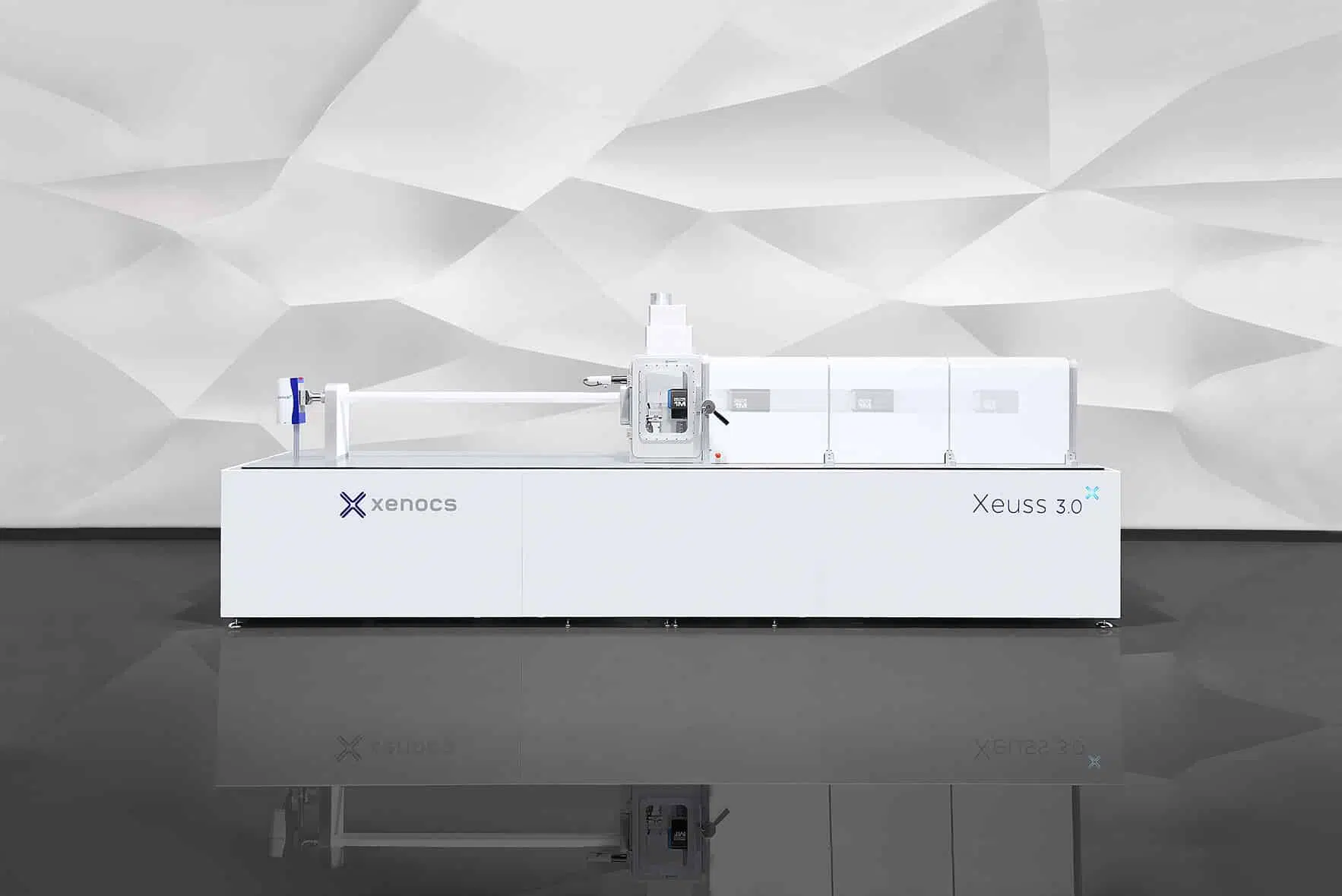Journal of Applied Polymer Science, 2019, vol 0, 0, pp. 47504
DOI:10.1002/app.47504
Abstract
Polyamide 6–66 (PA6-66)–montmorillonite (MMT)–nanosilica (NS) nanocomposite films were fabricated through a cast film process and then biaxially stretched on a laboratory stretcher. Uniaxial or biaxial stretching induced the elongated conformation of MMT and NS. The b axis of the α crystals and the amorphous phase were revealed to align along the machine direction (MD) after stretching, with the uniaxial orientation playing a more significant role. Furthermore, the crystallinity of PA6-66 stretching increased with the stretching ratio. Uniaxial stretching gave rise to a significantly enhanced tensile strength along the MD, whereas it slightly decreased the mechanical properties along the transverse direction (TD). In contrast, the films subjected to biaxial stretching exhibited more balanced mechanical properties. Uniaxial and biaxial stretching led to decreased transmittance and increased haze in the PA6-66–MMT–NS films; this could have been due to the elongated nanostructure of the two nanofillers, which inhibited the transmission and facilitated the scattering of visible light. The thermal shrinkage of the films increased with increasing stretching ratio, and the biaxially oriented films presented nearly equal shrinkage in the MD and TD. The addition of nanofillers decreased the shrinkage attributed to the mobility inhibition of the polymer chains during heating. © 2019 Wiley Periodicals, Inc. J. Appl. Polym. Sci. 2019, 136, 47504.


































